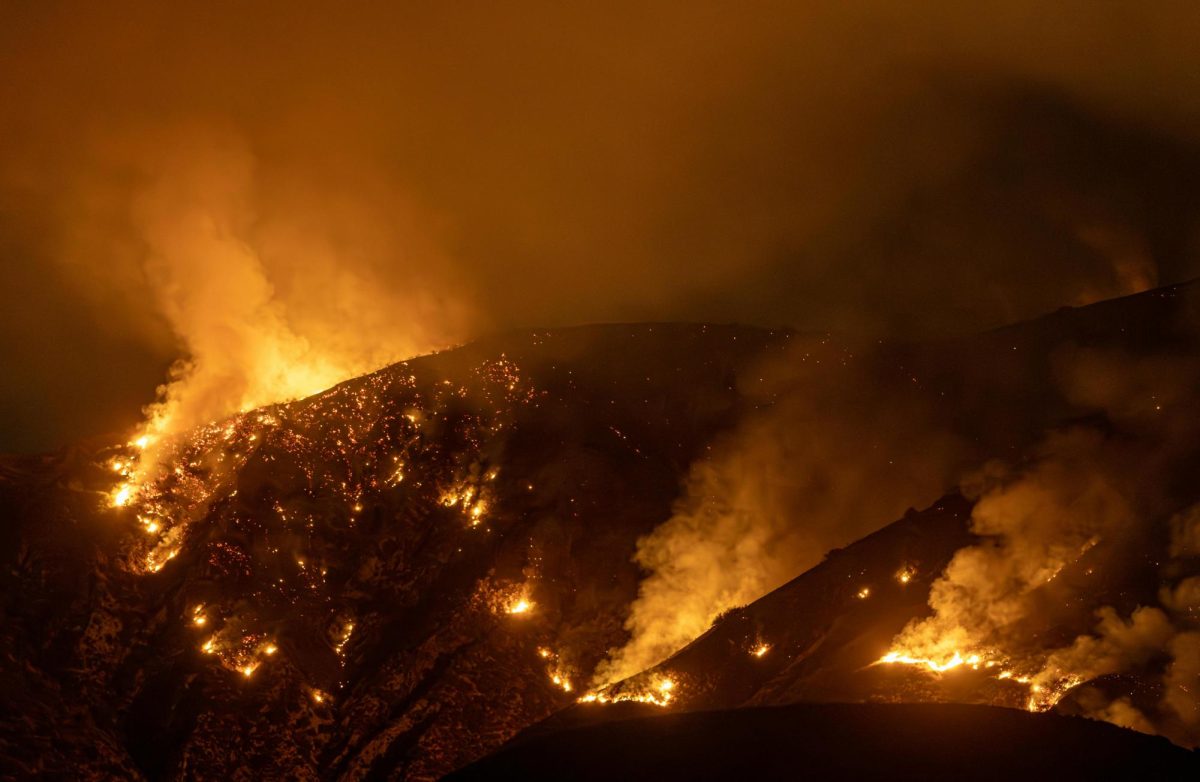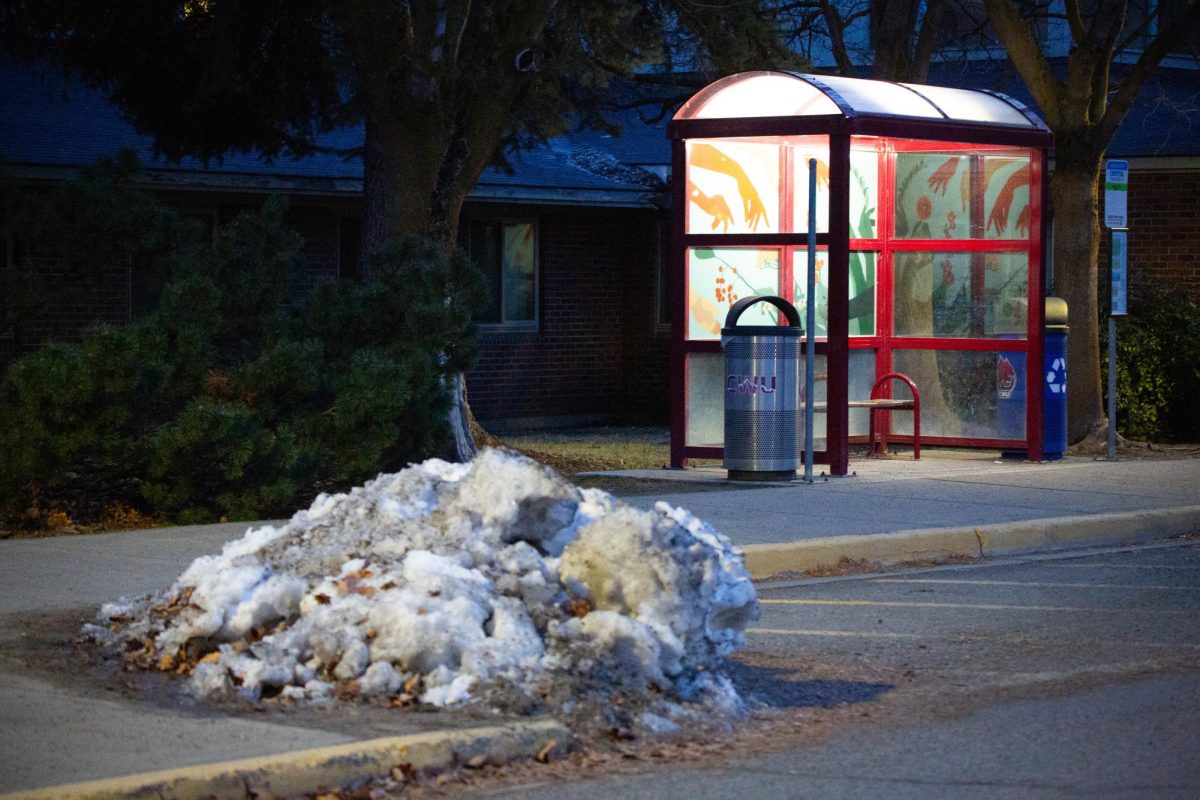BY MARGO MASSEY, Scene Editor
Junior Liz Keck was a freshman when she was drugged and sexually assaulted. She was drinking with people she did not know and a drug was slipped into her drink. She went to the hospital that night and, on the advice of her friend, went to the Wellness Center on campus. She was then referred to the medical center and to a counselor.
She also followed up on the incident by going to both the housing authorities and the disciplinary office. After that, she went to Abuse Support and Prevention Education Now (ASPEN) and finally to both the campus and Ellensburg police.
“Luckily for me, I did not know the [attackers] beforehand, which is a big factor in why I believe I strove so hard to go to the cops,” Keck said. “I understand if it was someone you knew previously, or a friend of a friend, that that would be a big factor in why someone doesn’t go to the authorities.”
Unfortunately, even after going to everyone that she should have, her case was dropped from court. Her assailant was already on probation from previous offenses and because of that, his lawyer and probation officer both agreed to put him on a tighter leash, and put more stipulations on his watch. He did not receive any punishment other than stricter probation.
Cases like this, which could have been prosecuted but were not, can be a major reason why people do not report sexual assaults to the police. They have to go through all the trouble only to have their case dropped.
Surveys show under-reporting
In the spring of 2009, Central Washington University sent out a victimization survey to 1,300 students. Out of those 1,300 surveyed, 31 percent of females and 15 percent of males said they had experienced some form of unwanted sexual contact since they started at Central.
In the same year, only one student reported a sexual assault to the campus police. A report to the campus police constitutes going down to the station and giving officers initial information. The victim then has the option to go to the hospital for a physical exam and have a witness give a statement.
Andrea Easlick, a health educator at the Wellness Center on campus, says that there are many reasons why people don’t report a sexual assault.
Confusion over what consent is
“Rape is under-reported because we’re taught that rape is supposed to be this big violent event that has taken place,” said sexualities professor Pamela McMullin-Messier.
Victims can be unsure that what happened to them is even considered rape, since there are many different types of rape, such as stranger rape and date rape. People also do not understand the premise of sexual assault, and why it happens.
“It’s not about sex,” Easlick said. “Sexual assault is about power and control.”
Victims can also be confused about consent, since there is a significant lack of education on what constitutes consent.
“People often doubt themselves. Did that really happen? Was there a misunderstanding that took place?” McMullin-Messier said.
In a setting like a college campus, with alcohol being brought into the mix, McMullin-Messier said that the lines of consent can become blurred to the victim. People often hear that they were ‘asking for it’ and that is why they were assaulted.
“Your friends say, ‘I don’t know if it was really rape,” McMullin-Messier said. “You went back to their room, what were you consenting to, were you asking for it? Is this rape or a misunderstanding gone awry?”
Victims know their attackers
For many victims of sexual assault, they know their attackers personally, and that can be a reason to not to report it.
In November of 2009, Neko Phillips was hanging out with several friends, including her husband, in her on-campus apartment. One of her friends stayed behind after everyone had left, and took advantage of her, using knowledge of her body, and places where she had been previously injured. She blacked out from the pain and woke up the next morning with strange marks and bruises, and no knowledge of how they had happened.
While she did choose to go forward with reporting her case, it was eventually dropped. The assailant used his previous knowledge of her life to point out things in her past that would make the courts not want to pursue the case.
“I’m a kinky individual and people know that,” Phillips said. “They used it as a misconception that I allowed it to happen.”
The courts said there was no way to back up that she was being completely honest. She had never taken her case to the Ellensburg police, however, having been advised to only take it to the campus police.
| V |
ictims blame themselves
Another reason to not report a sexual assault is the nature of the crime itself. The crime of sexual assault is a violation which the victims may not want to relive by talking to people.
“It could be the most traumatic event in their life, and we as a society expect them to tell complete strangers,” said Kate Coppin, program manager at ASPEN.
Victims often think the assault is their fault, and are afraid that reporting the crime could get them in trouble. In most cases, there is not a witness to tell them that the assault was not their fault.
| V |
ictims are intimidated by cops
For many victims, going to the police with their case is not an option. In some circumstances, police officers can be intimidating or frightening to the victims.
Coppin says that while they do bring it up and talk about the possibility of making a police report, for some victims that is not the best option.
“I don’t work to put rapists away,” Coppin said. “I work to heal.”
The crime itself is such a violation that it is not only hard to talk about, but hard to relive to a complete stranger at the police department.
When a victim walks into either the Wellness Center or ASPEN, they can expect to be greeted with support and understanding. Easlick says she evaluates the discussion and her approach to a student’s problem is based on his or her needs. She finds she usually ends up asking, “What would you like to talk about today?”
Coppin says ASPEN lays out the options for the victim, and she encourages them to seek counselors and set up a support group for themselves.
The police said they understand that most victims are not going to want to talk to them right away, but they have a way to enable victims to report the case later and still have physical evidence.
Victims of sexual assault have the option of going to the hospital and having an anonymous rape kit done. Doing this not only preserves any physical evidence that is left behind, but also allows the victim to pick up the charges any time before the statute of limitations, the time in which a prosecution is allowed, runs out.
“It’s important that the victim understands the evidence is fragile,” Detective Sergeant Ray Cedeno of the Ellensburg Police Department said. “Time is of the essence.”
He says that by the time some people decide to report their assaults, all the evidence is gone, making a case much harder to go through with.
Along with special training that helps the officers deal with cases of sexual assault, the police station has a special policy when dealing with sexual assault cases.
“We do not prosecute or arrest victims who are under the influence under age,” Cedeno said.
Many victims may be afraid to come forward because they were drunk underage at a party and do not want to end up with an MIP or a DUI. The EPD wants the victims to come forward. Cedeno said that underage drinking is such a minor offense compared to the sexual assault that they are not interested in investigating the victim’s potential crimes in those cases.
While Cedeno said that they try to not pressure anyone into coming to them and making a report, they do believe it is important to report assaults.
“It’s important that victims know it’s important to come forth and file a police report,” Cedeno said. “These people are repeat offenders. Down the road, who else might be a victim?”







